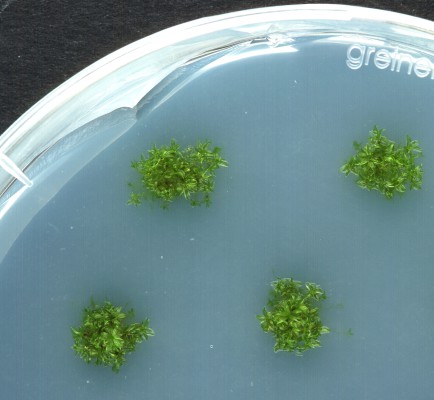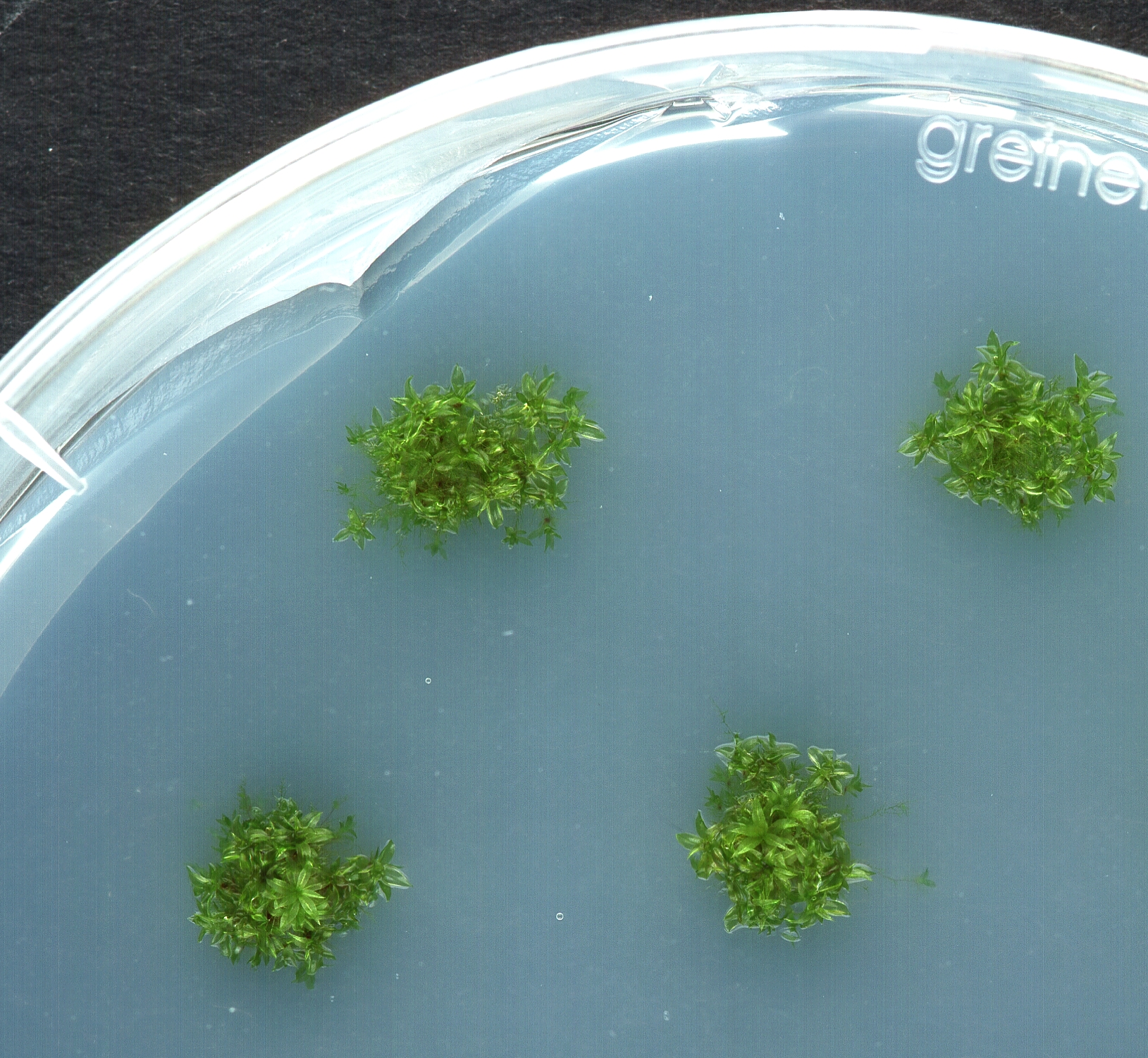
An article in The Guardian (copied below) describes how a senior geneticist and a bioethicist is in agreement with a US security chief that gene-editing presents a serious risk to national security, equivalent to North Korea’s WMDs. Whilst the focus is on accidentally (or deliberately) releasing viruses, or the inevitability of “designer babies”, the researchers and intelligence staff interviewed in the article agree that the unregulated nature of the industry currently, and the fact that effective regulation will likely never be possible, are serious issues.
Whilst it is important to recognise the potential risks from technologies such as gene-editing, it is also important to understand that we don’t know actually know whether these risks are being or have already been realised. There’s a total lack of research into the potential environmental consequences of escaped or released GE microbes, for example. We’ll never find what we don’t look for.
The current issue of Zika and microcephaly is a case in point. The scientific community is saying that, whilst a link between the two is suspected, it will take years and huge resources to get any conclusive proof of such a link. There’s no evidence to suggest that the epidemic has any link to genetic engineering of any kind, but it does illustrate just how exceedingly difficult it is to trace and prove the causes of new diseases. Equally, if gene-editing was to unwittingly cause mutations or gene expressions that then end up impacting on human, animal, or plant health, it would be extremely difficult to trace these impacts back to their causes.
Rather than dreaming up visions of scientists-turned-bad plotting the outbreak of a nasty new disease, focus should be on the damaging impacts that the industry is already responsible for, such as threats to food sovereignty, biodiversity, and livelihoods (for example through industry attempts to see gene-editing deregulated further in the EU, through companies such as Solazyme risking the introduction of GE organisms to the environment, and through companies risking the livelihoods of millions of small-scale farmers through synthesising crops like saffron, vanilla and artemisinin). Are the scientists already risking human health, biodiversity and rural economies in the Global South not “rogue scientists” too?
‘Rogue scientists’ could exploit gene editing technology, experts warn
Senior geneticist and bioethicist have agreed with the US spy chief’s claim that genetic engineering could be a serious threat if put to nefarious ends
A senior geneticist and a bioethicist warned on Friday that they fear “rogue scientists” operating outside the bounds of law, and agreed with a US intelligence chief’s assertion this week that gene editing technology could have huge, and potentially dangerous, consequences.
“I’m very, very concerned about this whole notion of there being rogue clinics doing these things,” geneticist Robin Lovell-Badge told reporters at the American Association for the Advancement of Science (AAAS) conference in Washington DC, referring to the unregulated work of gene scientists. “It really scares me, it’s bad for the field.”
Recent advances in genetics allow scientists to edit DNA quickly and accurately, making research into diseases, such as cystic fibrosis and cancer, easier than ever before. But researchers increasingly caution that they have to work with extreme care, for fear that gene editing could be deployed as bioterrorism or, in a more likely scenario, result in an accident that could make humans more susceptible to diseases rather than less.
Earlier this week the US director of national intelligence, James Clapper, testified before the Senate as part of his worldwide threat assessment report that he considers gene editing one of the six potential weapons of mass destruction that are major threats facing the country, alongside the nuclear prospects of Iran, North Korea and China.
Bioethicist Francoise Baylis, who also spoke at AAAS and who took part in the international summit that debated gene editing last year, said the technology behind gene editing could be dangerous on a global or individual level.
“I think bioterrorism is a reality, and a risk factor we need to take into consideration,” she said. “It’s like any dual-use technology that can be used for good or evil.”
The Dalhousie University professor compared the advances in technology, particularly a tool called Crispr-Cas9, to a hammer in the hands of good and bad actors alike. “It can be the murder weapon, it can be the gavel the judge uses,” she said. “So I don’t know that there’s any way to sort of control that.”
Since its discovery, Crispr-Cas9 has revolutionized gene editing by helping scientists target certain genes with an unprecedented degree of speed and accuracy. The bacteria-originated tool has sparked a patent war among a handful of scientists, and a new industry worth billions.
In the US, members of the intelligence community agreed that gene editing represents a largely open field. Clapper’s report to the Senate cited the easy access, rapid development and weak regulation abroad in its argument that the “deliberate or unintentional misuse” of gene editing technology “might lead to far-reaching economic and national security implications”.
Daniel Gerstein, a former under-secretary at the Department of Homeland Security, said: “It’s interesting that we have something that is clearly a technology that was designed for legitimate biotechnology research which has been associated in this way with weapons of mass destruction.”
But the prospects are simultaneously magnificent and alarming, said Columbia University bioethicist Robert Klitzman, who was happy to see gene editing on the list.
“I think that this is a very powerful technology,” Klitzman said. “I think as a result that there are things that need to be done that have not yet been talked about.”
Research and technology is growing so fast that it is easy to imagine Crispr used for nefarious ends – or as the enabler of a catastrophic accident, said Klitzman.
“The infectious agent responsible for bubonic plague, if altered through Crispr,” he said, “could potentially be used as a WMD. Currently, we have effective treatment against it. But if it were altered, it could potentially become resistant to these treatments and thus be deadly.”
Setting standards on who can buy the technology and using discretion when publishing scientific research could be key, he said. “Just like guns, you need some kind of security check.”
But regulating gene editing would be like trying to govern how people use fire, said Michael Wiles, a senior director at the Jackson Lab in Maine, a leader in growing genetically modified mice for research.
“Every technology has two edges,” Wiles said. “It’s a disturbing but real concept with humans … you can’t control it.”
While intentional abuse of gene editing is ringing alarm bells, some at AAAS were more wary of accidental adverse consequences from reckless gene editing. Lovell-Badge said he particularly fears the kind of work that might go on in labs or fertility clinics where work on human embryos is performed carelessly and without oversight. Such labs, he said, have “popped up in many countries, including the US”, with “no real basis in science or fact, and may be dangerous in some cases”.
Some of these labs might alter particular genes to create so-called “designer babies”, with tailored features that range from height and eye color to disease immunity. But turning a given gene on or off could also affect the genes around it. For example, giving a baby immunity to one disease could mean it’s now vulnerable to other diseases or infections.
Baylis maintained that genetic enhancements of humans are inevitable, even if she could not say what they will be. But she said that unregulated modifications could exacerbate inequality and create “a new eugenics, a different kind of eugenics”.
Other scientists disagreed – on both sides of the debate. Sarah Chan, a University of Edinburgh bioethicist, said fears of inequality are “definitely overblown”, and that “designer babies” are not inevitable. She added that technology that could make diseases more infectious and dangerous has existed for decades, as have the questions around it.
“Some of the fears and concerns surrounding genome editing technology are, if not overblown, perhaps misdirected.”
Taking the contrary opinion, geneticist Robert Winston said: “Regulation cannot prevent this from happening either in the UK eventually or much more likely elsewhere.
“With the power of the market and the open information published in journals,” Winston said, “I am sure that humans will want to try to ‘enhance’ their children and will be prepared to pay large sums to do so.”
